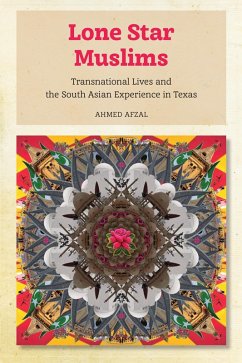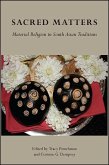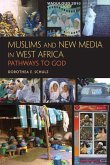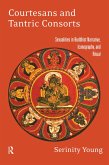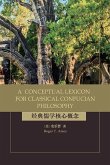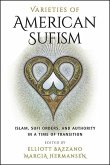Lone Star Muslims offers an engaging and insightful look at contemporary Muslim American life in Texas. It illuminates the dynamics of the Pakistani Muslim community in Houston, a city with one of the largest Muslim populations in the south and southwestern United States.
Drawing on interviews and participant observation at radio stations, festivals, and ethnic businesses, the volume explores everyday Muslim lives at the intersection of race, class, profession, gender, sexuality, and religious sectarian affiliation to demonstrate the complexity of the South Asian experience.
Importantly, the volume incorporates narratives of gay Muslim American men of Pakistani descent, countering the presumed heteronormativity evident in most of the social science scholarship on Muslim Americans and revealing deeply felt affiliations to Islam through ritual and practice. It also includes narratives of members of the highly skilled Shia Ismaili Muslim labor force employed in corporate America, of Pakistani ethnic entrepreneurs, the working class and the working poor employed in Pakistani ethnic businesses, of community activists, and of radio program hosts.
Decentering dominant framings that flatten understandings of transnational Islam and Muslim Americans, such as terrorist on the one hand, and model minority on the other, Lone Star Muslims offers a glimpse into a variety of lived experiences. It shows how specificities of class, Islamic sectarian affiliation, citizenship status, gender, and sexuality shape transnational identities and mediate racism, marginalities, and abjection.
Drawing on interviews and participant observation at radio stations, festivals, and ethnic businesses, the volume explores everyday Muslim lives at the intersection of race, class, profession, gender, sexuality, and religious sectarian affiliation to demonstrate the complexity of the South Asian experience.
Importantly, the volume incorporates narratives of gay Muslim American men of Pakistani descent, countering the presumed heteronormativity evident in most of the social science scholarship on Muslim Americans and revealing deeply felt affiliations to Islam through ritual and practice. It also includes narratives of members of the highly skilled Shia Ismaili Muslim labor force employed in corporate America, of Pakistani ethnic entrepreneurs, the working class and the working poor employed in Pakistani ethnic businesses, of community activists, and of radio program hosts.
Decentering dominant framings that flatten understandings of transnational Islam and Muslim Americans, such as terrorist on the one hand, and model minority on the other, Lone Star Muslims offers a glimpse into a variety of lived experiences. It shows how specificities of class, Islamic sectarian affiliation, citizenship status, gender, and sexuality shape transnational identities and mediate racism, marginalities, and abjection.
Dieser Download kann aus rechtlichen Gründen nur mit Rechnungsadresse in A, D ausgeliefert werden.

